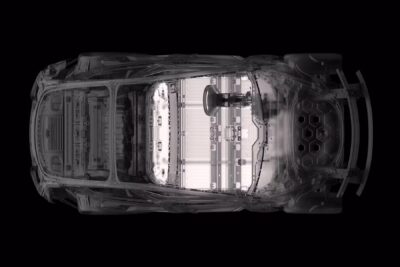Chinese researchers aim to extend battery life
Researchers at Fudan University in China have developed a method to extend the service life of lithium-ion batteries. A team of chemists, molecular engineers and material scientists worked together to increase the average number of charging cycles of a battery from 1,500 to 12,000.
The problem with lithium-ion batteries is that they degrade over time, resulting in a loss of performance as more lithium ions are deposited, forming what scientists call “dead lithium.” These deposits reduce the concentration of lithium ions in the electrolyte, which gradually reduces the capacity of the battery. As soon as the capacity falls below 80 per cent of its original value, the battery is considered unusable for mobile use in vehicles.
Through extensive experimentation, the Chinese research team found that the degradation of batteries is similar to the progression of a disease in which a key component deteriorates while the rest of the system remains functional.
The scientists then developed special materials designed to restore lost lithium ions and thus effectively extend the service life and performance of batteries. To find a suitable candidate, the team used an AI-driven application that was trained on digitised molecular properties. In their search, they came across LiSO₂CF₃, a molecule that not only met all compatibility requirements but could also be produced relatively inexpensively and was suitable for almost all commercially available batteries.
The rejuvenation process itself is simple: Batches of the molecule are injected into the area where the battery’s active lithium ions are located. During this process, a small amount of gas is released, after which the battery can be recharged.
The tests showed a dramatic improvement in battery life by increasing the average number of cycles from 1,500 to 12,000. This progress not only improves battery performance but also helps to reduce environmental pollution as fewer batteries need to be thrown away.
However, the process has a big catch: it cannot yet be used for just any lithium-ion batteries. For the method to work, batteries must be designed accordingly from the outset so that the chemical by-products can escape. In any case, the approach sounds promising, as it could ensure that batteries have to be decommissioned much later in the future than has been the case to date.





0 Comments